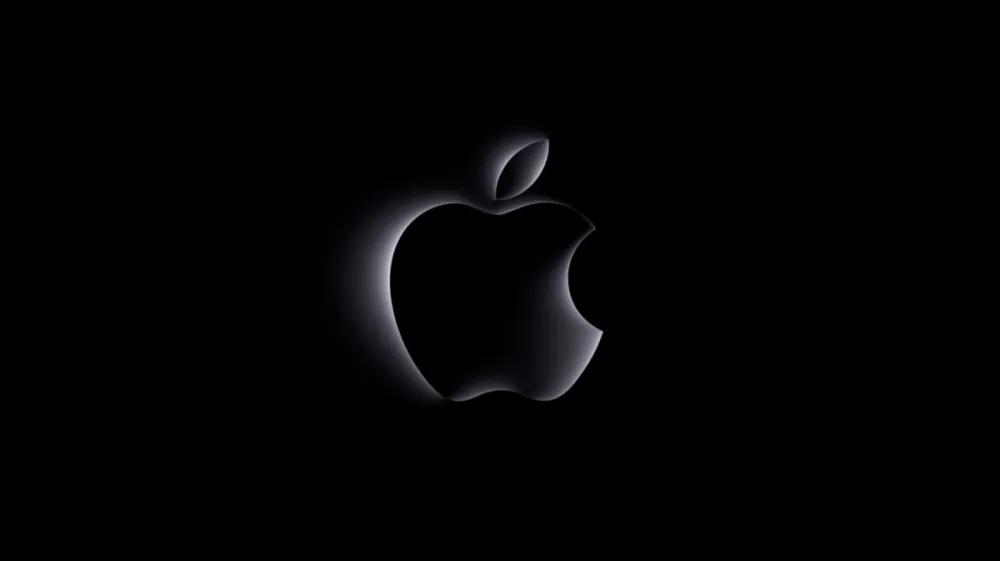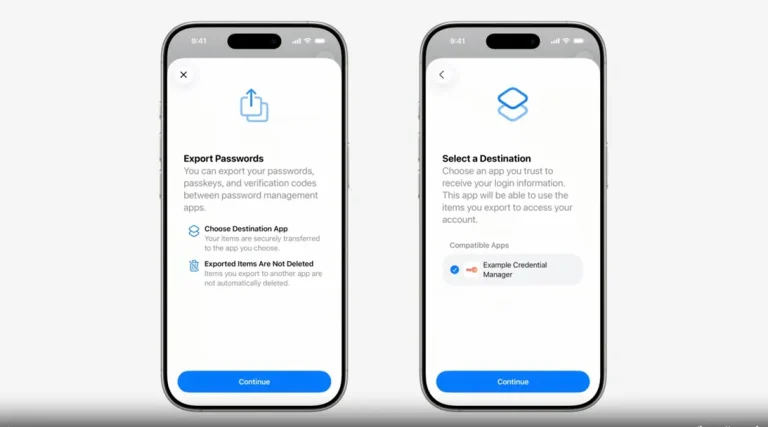
Apple has begun testing a new programming platform that harnesses artificial intelligence to write, edit, and review code on behalf of developers. The platform is being developed in collaboration with the startup Anthropic, whose Claude Sonnet model has already distinguished itself as one of the most capable in code generation. According to insider sources, the new system is embedded within a specialized version of Xcode—Apple’s primary application development environment. For now, the platform is being used exclusively within the company, and no decision has been made regarding its public release.
Historically, Apple has been hesitant to embrace generative AI for software development. However, the rapid advancement of large language models has prompted a shift in strategy. A year ago, Apple announced Swift Assist—its proprietary AI tool for Xcode—yet it never reached the developer community. Internally, engineers criticized Swift Assist for being imprecise and for hampering workflow. The partnership with Anthropic signals a recognition that external expertise may prove beneficial. It is expected that Swift Assist and the new platform will be employed in parallel.
The tool powered by Claude Sonnet features a chat-based interface where developers can pose questions and receive code suggestions or revisions. It also possesses the ability to test user interfaces and assist in identifying and resolving bugs—tasks that are often time-consuming. Notably, Apple has previously avoided integrating third-party AI models, with the exception of a deal with OpenAI, which will enable ChatGPT to respond to queries in Siri. Support for Google’s Gemini model is also anticipated in the near future.
The new platform could prove especially significant if it becomes available to external developers, given that Xcode and Swift are the cornerstone tools for creating iPhone and other Apple device applications. Further details are likely to be unveiled at Apple’s Worldwide Developers Conference, set to begin on June 9.
This development is also pivotal for Anthropic: a partnership with Apple could substantially elevate its industry standing. The startup is already working with Amazon on enhancing the Alexa+ voice assistant. Yet, when Apple was scouting partners for Siri’s AI features last year, Anthropic failed to make the final shortlist—ultimately, the contract was awarded to ChatGPT following a choice between Google and OpenAI.
Amid the growing prominence of AI coding tools such as GitHub Copilot and Windsurf, Apple is making efforts to reclaim lost ground. The company’s own AI initiatives have faced criticism, with users claiming they lag behind competitors in quality. Last year’s attempt to modernize Siri also faltered and was indefinitely postponed.
Currently, Apple is undergoing a strategic reshuffle: oversight of AI development has partially shifted from John Giannandrea to Craig Federighi, head of software engineering. Siri and several other AI projects now fall under Federighi’s leadership. This marks the beginning of a broader overhaul in Apple’s AI strategy—abandoning centralized control in favor of a more adaptive, decentralized approach.
During the company’s second-quarter earnings call, Apple CEO Tim Cook confirmed that the company will combine its own AI models with third-party solutions. He also emphasized Apple’s commitment to on-device AI processing, avoiding the need to transmit data to the cloud. According to Cook, meaningful progress has already been made, and the future promises exciting innovations.


